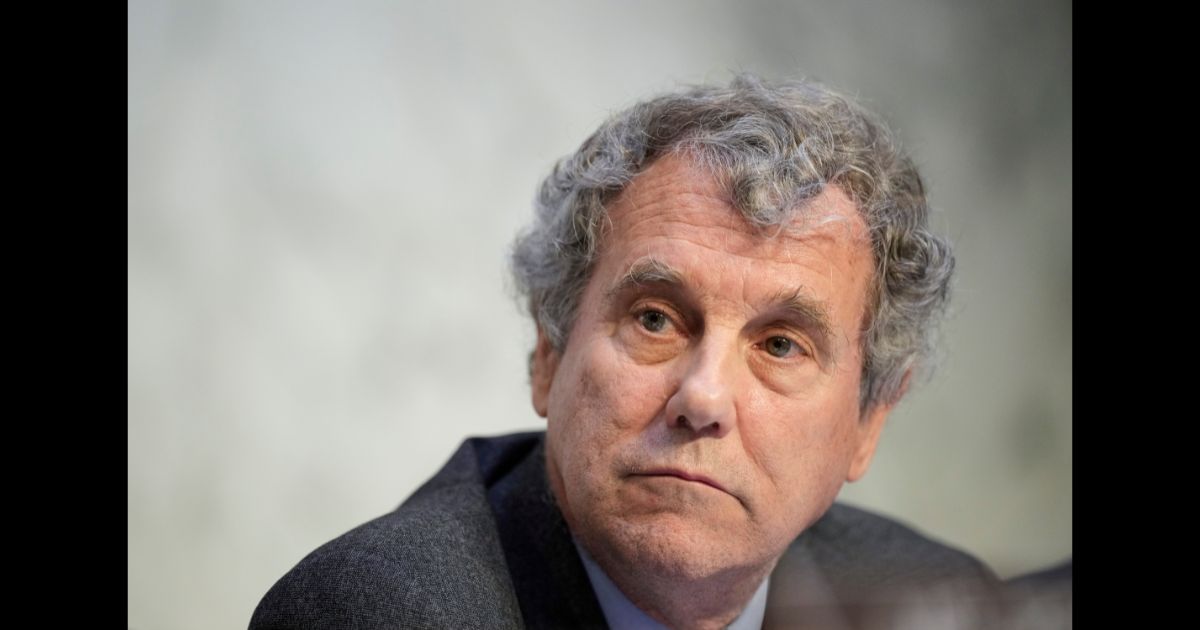WATCH: Making America: Thomas Jefferson and Equality

In the latest “Making America” video for PragerU, author and speaker Dinesh D’Souza examines Founding Father Thomas Jefferson and his influence on one of America’s foundational political ideas: equality.
In the Declaration of Independence, Jefferson infamously wrote “all men are created equal” and were “endowed by their Creator with certain unalienable rights.” This founding document would serve as a guidepost for the Framers several years later, when they gathered together to draft what would become the U.S. Constitution.
But in recent years, Jefferson has come under criticism from scholars, academics, and activists eager to take the statesman to task over his stance on slavery.
As D’Souza explains, “Jefferson is controversial today because he embodies the contradictions of the founders. Indeed, progressive scholars say, he was the worst of them, the most hypocritical, because the very man who insisted that ‘all men are created equal’ not only permitted slavery, but himself owned slaves.”
A similar debate took place just decades after the Declaration was written as well.
U.S. Supreme Court Justice Roger Taney wrote that the phrase “all men are created equal” could not mean that men were actually equal in his infamous 1857 Dred Scott decision — a decision in which the court said black people descended from slaves weren’t citizens and didn’t have standing in federal court.
So what’s the key to understanding this contradiction? D’Souza argues we must look at the phrase that says governments derive their legitimacy from the “consent of the governed.”
“How could these representatives outlaw slavery without the consent of the people in their states? Were they expected to do so by overriding popular consent? In that case, they would be overthrowing democracy itself, before it was even introduced as the bedrock of the new Constitution,” says D’Souza.
Without compromising on the issue, D’Souza says, there would have been no United States, as representatives from several states during the Constitutional convention would have refused to join the new Union.
Jefferson recognized the difficulty of the slavery issue. He once said, “We have the wolf by the ear, and we can neither hold him nor safely let him go.”
As D’Souza explains, “It is not reasonable—in fact, it is downright obtuse—to ask of statesmen to do what they manifestly cannot do. It is only reasonable to ask them to make the best choices available to them under the circumstances—to hold the wolf, in Jefferson’s own terms, until he can safely be let go.”
Later American political leaders, like President Abraham Lincoln and civil rights leader Martin Luther King Jr., explained that the Founders knew that their situation was not ideal, but that future generations could work together to achieve a fuller realization of the idea.
“That Jefferson didn’t live up to his highest values is not in dispute,” D’Souza says. “But to deny his greatness and his indispensable role in the creation of the nation is both narrow-minded and foolish.”
WATCH:
The Daily Wire is one of America’s fastest-growing conservative media companies and counter-cultural outlets for news, opinion, and entertainment. Get inside access to The Daily Wire by becoming a member.
" Conservative News Daily does not always share or support the views and opinions expressed here; they are just those of the writer."





